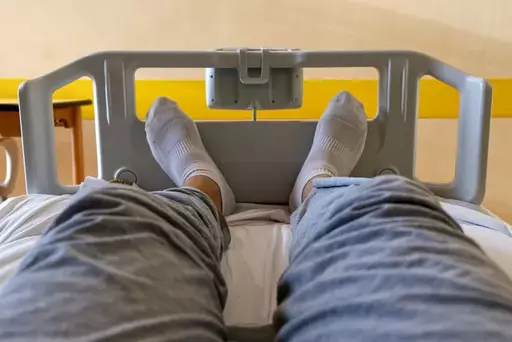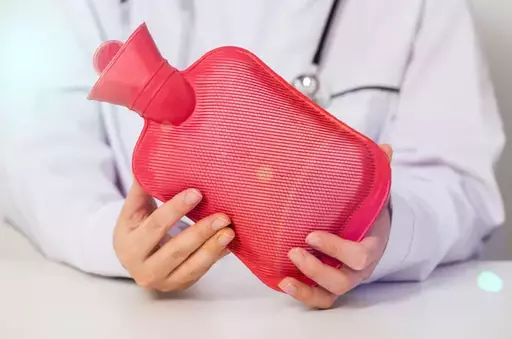Paralyzed Patient Suffers Severe Burns After Heating Pad Left Untended for Over 7 Hours
A medical incident occurred in which a patient diagnosed with lower limb paralysis suffered severe burns after a heating pad was left on their leg for over seven hours.
The Medical Dispute Mediation and Arbitration Agency determined that this action was inappropriate.

On the 22nd, SBS reported on the case of a patient with lower limb paralysis who sustained burns after a heating pad (hot pack) was placed on their leg and left unattended for seven hours.
According to the media, in July of last year, 71-year-old A experienced abnormalities in their leg and was transferred to a nearby university hospital. After being diagnosed with lower limb paralysis, A was admitted to a nursing ward monitored by nurses 24 hours a day, without any guardians present.
On the third night of hospitalization, A requested warmth for their cold and numb leg, and the nurse provided a heating pad.
Around 9:10 PM, A fell asleep with the hot pack on their leg, assisted by the nurse.

The problem arose afterward. The attending nurse left the hot pack on A's leg for over seven hours, until around 5 AM. As a result, A suffered severe burns on most of their right leg and part of their left leg.
A's daughter expressed her outrage, stating, "I received a call from the hospital in the morning, and I thought the burns were minor. They spoke of it lightly. But when I came to see it, I was really surprised."
Medical Malpractice Controversy and Legal Action
Despite several months of treatment, A's leg has major scars. The weakened skin continues to peel, causing significant difficulties in the rehabilitation process for their lower limb paralysis.
The patient's side has filed a lawsuit against the medical staff, and a police investigation is currently underway.

The patient's attorney explained, "In cases like this, medical malpractice is recognized. According to precedents in our courts, it would also fall under the applicable criminal charge of professional negligence resulting in injury."
The Medical Dispute Mediation and Arbitration Agency concluded that the hospital had a responsibility to monitor the hot pack for a certain period of time, and deemed the hospital's actions to be inappropriate.
The hospital acknowledged that the hot pack was discovered late due to the nurse's mistake but stated, "We have also tried our best in treating the patient, but because the gap in compensation is too wide, we find it difficult to take any further steps."
The hospital announced that it would follow the final conclusions of the Medical Dispute Mediation and Arbitration Agency regarding compensation.
Image source: Data photos for understanding the article / gettyimagesbank


